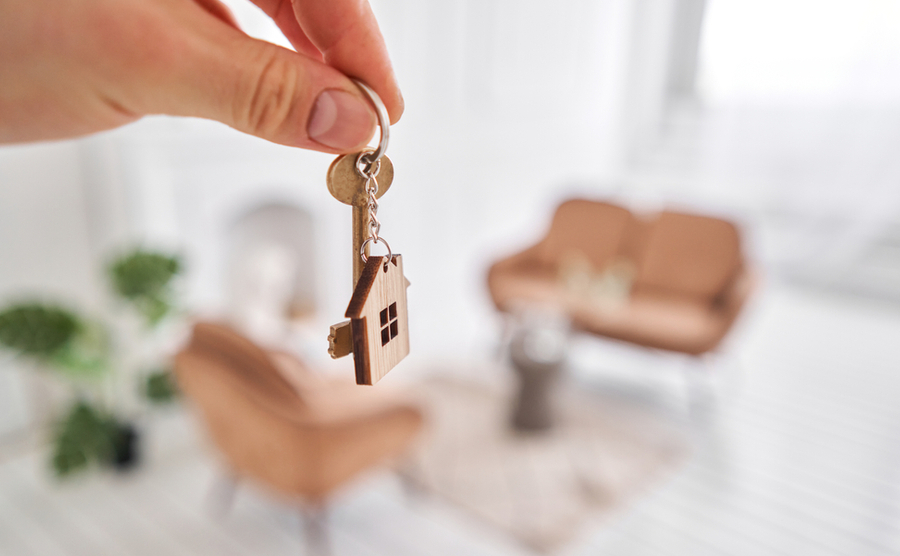Completion: Finalising your property purchase in Spain

To finalise what might seem like a long process you need to complete a few final steps before getting the keys to your new property in Spain. These steps are often completed at the notary’s office where you don’t have to be present, but a legal representative with a valid Power of Attorney must be in your absence.
Overview of the closing process
After your offer on a property in Spain is accepted and your deposit paid, the closing process begins. The period in between this date and getting the keys typically takes between one and two months but also varies from property to property. The final step of the process is the formal handover of keys and the signing of the property deed or Escritura.
Reviewing and signing legal documents
Once you’ve paid your deposit and signed the contrato de arras, the countdown is on to complete on your Spanish property.
In certain circumstances this can be all be completed in a matter of days. However, for most buyers, expect two to three months from acceptance of an offer to keys in hand.
After signing your reservation contract, your final step is to sign the contract of sale or property deed (escritura in Spanish). This completes the legal process of buying a home in Spain and it marks the formal handover of the property. You normally sign this at the notary’s office, but you can grant your lawyer power of attorney if you prefer or are unable to be there physically. The buyer pays the remaining balance, plus taxes and fees, and gets the keys in return.
If buying an off-plan property in Spain, there will be a legal process whereby the seller provides proof that the construction has been finished in accordance with the description given in the plans. This is issued as a certificate (certificado final de obra). You can also confirm this at the Land Registry.
You should also ensure that you have the licence of first occupancy (licencia de primera occupación) which is issued by the town hall for new buildings and certifies that the property is habitable. You will need this document when setting up water and electric utilities. Developers cannot force you to complete without this licence.
Completion of purchase will usually take place one to two months down the line from the signing of the reservation agreement and paying of the deposit.
Completing the property transaction
When buying a resale property, Property Transfer Tax (ITP) will be paid on your behalf post completion. The rate varies by region, but typically ranges between 6% and 10% of the property’s value.
Buyers pay the tax when they complete on the property.
Once you have the keys and have signed the contrato de arras in the presence of the seller and a notary, the property is legally yours.
Role of the notary in Spain
A notary in Spain is an official who is responsible for authenticating written, signed or sealed documents. When buying a property in Spain, one of the main notary services you will use is the transfer of title deeds.
As buyer, you will have the choice of notary (Notario). Don’t confuse a lawyer with a notary. While Spanish notaries are legally trained and mandatory for any property transaction in Spain, they are employed by the government and so officially do not act for either the buyer or vendor. Your lawyer is employed by you alone to protect your interests.
Title deeds are the official documents that confirm the legal ownership of the property in question. They are registered at the Spanish land registry and it states the legal property owner.
Both buyer and seller (or their lawyers via power of attorney) must visit the notary to sign the deed. It will then be legally validated by the notary and finalised after the payment of a stamp tax.
For the transaction to be fully recognized, it needs to be registered in the Spanish land registry. The notary plays a role in notifying the land registry about the sale and overseeing the change of ownership.
Notary fees are usually split between the buyer and seller in Spain. The buyer usually pays for the issuing of the deeds. Rates are set by law and buyers should allow for 0.5% to 1% of the property value for the notary fees.
Power of attorney when buying a property in Spain
If it’s inconvenient to return to Spain to sign your buying documents you can grant Power of Attorney to your lawyer or other representative, thus authorising them to sign on your behalf. To do this, both you and whoever you are giving Power of Attorney need to visit the notary’s office to prove who you are and explain the terms and limitations of the power of said attorney.
You can also do this in the UK, by going before a notary in the UK, or at the Spanish consulates in Manchester or London. The process cost around £250 in the UK but much less in Spain.
Top tips to ensure a smooth property purchase
- Apply for your NIE well in advance. Your lawyer or gestor can do this for you.
- If you are a cash buyer, make sure your funds are readily available, so you can transfer funds in due course for completion.
- If you’re buying with a mortgage, have an offer in principle in place, before making an “official” offer.
- Use a property specialist for the currency transaction for pounds (or dollars) to euros. We recommend Smart Currency Exchange.
- Provide your lawyer will all necessary documentation and contact details for necessary parties, so that enquiries can take place swiftly.
Make sure your independent lawyer knows your ideal completion date.

